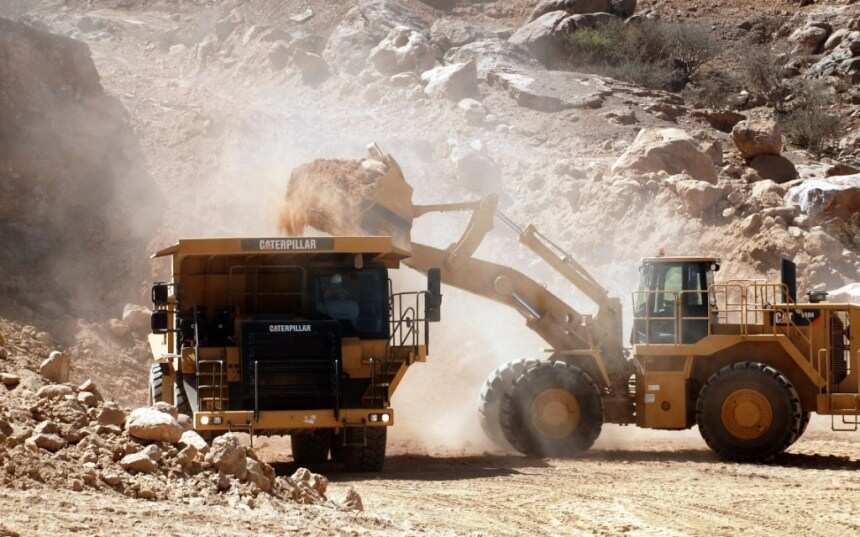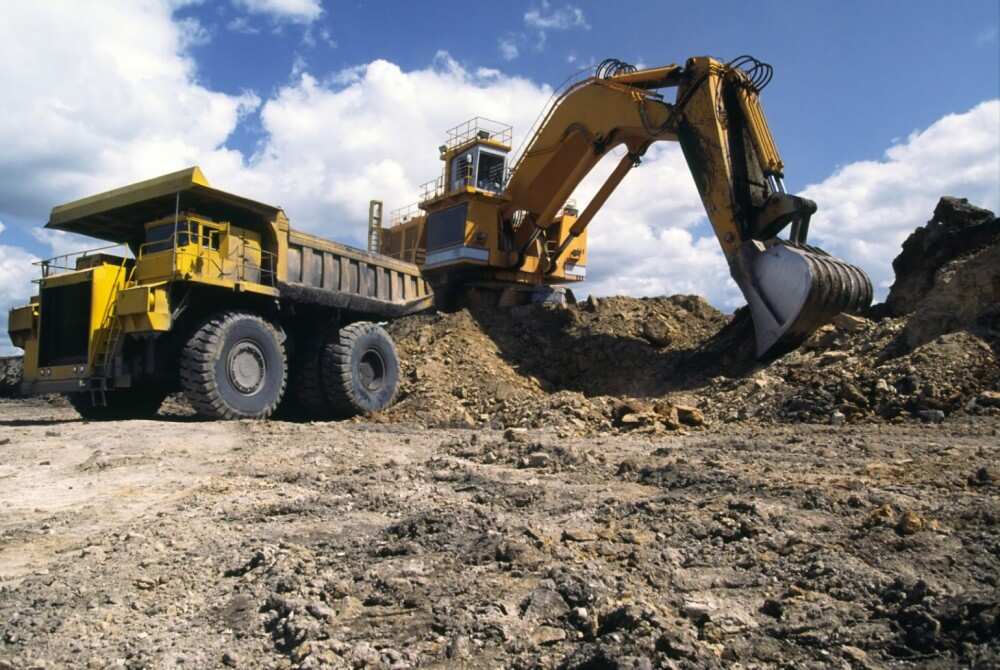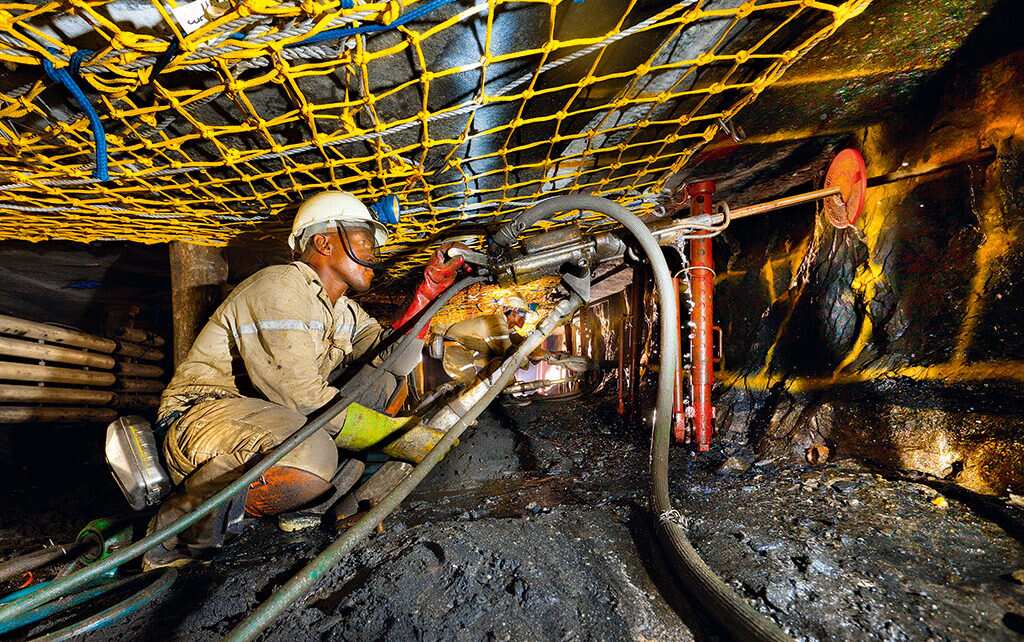We all know that Nigeria has numerous oil resources that contribute most of its GDP. But how much do you know about the components of Nigerian mining industry? It also exists, however, it is believed to be underdeveloped because the country focuses mainly on oil these days.

Photo: premiumtimesng.com
Mining in Nigeria
Our country has its own minerals. Their mining is not well developed within Nigeria, thus this industry only makes less than a percent of our Gross Domestic Product (GDP).
Experts are sure that Nigeria can produce many minerals domestically. This includes iron ore and salt. But since the components of Nigerian mining industry are also undeveloped (as the industry itself), we have to import these products.
Everyone knows that all mineral resources found in the country belong to our Federal government and are managed by the Ministry of Solid Minerals Development. Only the government has the prestigious right to grant these resource to various companies that can fulfill each component of Nigeria mining industry to produce and finally sell minerals.
READ ALSO: Illegal gold mining in Nigeria: influence on economy and citizens

Photo: miningreview.com
What are the components of Nigerian mining industry?
Finally, it is time to identify the various components of the Nigerian mining industry. Just like it happens all across the world, Nigeria also classifies the 3 main components:
- Exploration
- Mining
- Processing and selling minerals
Each component of Nigeria mining industry is extremely important and very expensive. When a company explores minerals and finally discovers a promising deposit, it still has to invest a lot of money into developing this area. Only after this, production can finally start and minerals can be processed and sold.
Now let's talk in more details about each of the components of the Nigerian mining industry.
1. Exploration
Every new mine in Nigeria experiences the first stage of its life cycle called exploration. This is when a company that has the right to mine minerals finds an interesting piece of land that can potentially contain minerals.
Nigerian firms that build new mines have to use modern technologies (both geochemical and geophysical) that can ease the process of exploring minerals. However, it often happens that a company simply doesn’t have such a technique and uses older models that are not as productive.
Exploration process can be improved if Nigerian companies and government start paying more attention to this area and update the technological basis with up-to-date machines and newest tomographic and GPS technology.
2. Mining
The life cycle of any mine in Nigeria continues with the mining process. It is not simple and can be additionally broken into 2 more sub-categories depending on where the mining takes place (underground or on the surface).
The process is complicated because it completely depends on the type of deposit. Some minerals are thick, others are thinner. Some rocks are deep and strong, others are easier to work with. Mining takes everything into consideration and this is why it is so challenging and costs so much, especially when performed underground.

Photo: busiweek.com
3. Processing
This is the third stage of the mine’s life cycle. It takes place when the company processes minerals or coal to different sizes and makes it ready for the final use by customers.
How can we identify this component of Nigerian mining industry? It is not simple, because mining processing means a number of steps such as grinding, classifying or screening, separating minerals from stones (physically or chemically), filtrating water, drying coal, lowing down the ash, etc.
Besides, each component of mining requires thinking about the safety and security of all the workers and works done.
P.S. Every mine goes through the three components of its existence, and after the production is finished and minerals are extracted, the mine gets closed, and the lands can be used again.
Now you know the main components of Nigerian mining industry, which might be better developed in the future in case our country ever begins to lack oil.
READ ALSO: Top mining companies in Nigeria
Source: Legit.ng
from Nigeria News today & Breaking Naija news ▷ Read on LEGIT.NG 24/7 http://bit.ly/2RVWvOf
via EDUPEDIA24/7
Comments
Post a Comment